Driving is an important aspect of many people's lives, and it doesn't cease when they get pregnant. It's difficult to know when to stop driving during pregnancy , or even if we should stop at all. Safety is, of course, paramount, both for the infant and for you. This is why it's crucial to think about when you should stop driving. Consult your doctor and conduct your research to determine the best way to protect yourself and your baby. We have more than our safety to consider as pregnant ladies. Hazards you need to consider To begin with, even if you are not pregnant, driving can be dangerous. Every year, around 3 million individuals are wounded in car accidents on American highways. Driving while pregnant can pose a risk to your safety. Our bodies are a lot more fickle than they used to be. Car rides can trigger nausea, migraines, and other physical aches that we didn't have before. Motion nausea is almost unavoidable, especially in the first trimester. While we...
It's time to figure out what foods to avoid during early pregnancy if you're a first-time parent who just found out you're expecting (congrats, mother!).
It's a good idea to scrutinise the foods you eat since, while some may appear to be innocuous, they may be harmful to your developing foetus during early pregnancy.
I remember being perplexed about which foods to avoid during early pregnancy, or at any point during my pregnancy.
What exactly do I need to stay away from?
What foods should I limit my intake of?
The uncertainty around foods to avoid during pregnancy prompted me to write this article to assist new parents - to clear the air, so to speak and put you on the correct track for a healthy pregnancy.
Now, I'm not a doctor - I can conduct the research and tell you about my personal experience, but if you have any worries about foods to avoid during early pregnancy, talk to your doctor who can provide you with medical advice.
That might simply put your mind at ease.
So, let's have a look at what things you should avoid throughout your first trimester...
(And, for that matter, the rest of your pregnancy).
I also highly recommend a Pregnancy Nutrition Course from a fellow mama if you want to learn more than simply about things to avoid while pregnant. She breaks it all down like a trained nutritionist so you know EXACTLY what to eat for a safe pregnancy.
19 Foods to Avoid During Pregnancy
1. Raw Fish
Yes, you can say goodbye to sushi because it's one of the top foods to avoid during early pregnancy.
When you eat raw fish or shellfish, you face the danger of contaminating your developing foetus, which could lead to pregnancy difficulties.
So, even if you adore sushi, you'll have to put it on hold for the next nine months.
If you want sushi, go for vegetarian sushi instead to get all of your favourite vegetables (this is exactly what I wanted for the first 6 weeks of my first pregnancy- LOL!).
(Don't worry, 9 months may appear to be a long period, but it isn't.) One of the many reasons I was looking forward to my due date was the opportunity to eat sushi.
2. High Mercury Fish
When you're not pregnant, you shouldn't eat mercury-rich fish, and you shouldn't eat any when you're pregnant.
Mercury is dangerous to your unborn child.
The following is a list of high-mercury fish:
- Shark
- Mackerel
- Tuna
- Marlin
- Swordfish
These are the types of fish to avoid when pregnant, but that doesn't mean you shouldn't eat fish at all - it's a great source of omega 3 fatty acids, protein, and other nutrients.
Here is a list of mercury-free fish:
- Catfish
- Shrimp
- Cod
- Salmon
When it comes to eating fish while pregnant, the key is to be cautious and, of course, to consume in moderation.
3. Raw Meat
It's time to double-check that any meat you eat has been properly handled and is sufficiently cooked.
(So, if you prefer your steak rare, you'll have to wait until your baby is born to eat it that way.)
Salmonella, E. coli, listeria, and other hazardous bacteria can be found in raw meat, so make sure any meat you eat while pregnant is thoroughly cooked!
Beef should be cooked to a temperature of at least 160 degrees Fahrenheit, and chicken to a temperature of at least 165 degrees Fahrenheit. So, if you have one, get out your meat thermometer.
4. Deli Meats
While you aren't pregnant, deli meat and other cured meats aren't good for you, let alone when you are.
Why?
These meats are highly processed and can contain a variety of harmful bacteria that you don't want to eat while pregnant.
Listeria, for example, has been associated with miscarriages, early birth, stillbirth, and other issues in unborn children.
That isn't to say that every deli meat contains these hazardous bacteria naturally; it only means that they have a larger chance of doing so.
The objective is to avoid them as much as possible, so no Subway for the next few months.
If you must have these types of meats, proceed with caution and ensure that they are thoroughly cooked first (aka- pan-sear that deli meat before you throw it in a sandwich).
5. Raw Eggs
This refers to a raw egg or any dish with a soft or partially cooked egg.
Things like eggs benedict, salad dressings prepared from scratch, and eggnog.
In general, you should only eat eggs that are fully cooked on both the white and yolk sides.
Why?
Because if you don't consume completely cooked pasteurised eggs, you risk contracting deadly bacteria, which no mother wants!
You may have detected a pattern here: don't eat raw foods while pregnant!
6. Caffeine
Caffeine consumption during pregnancy is a contentious subject – should you or shouldn't you?
How much is excessive?
The good news is that you don't have to cut coffee out of your diet completely.
According to the March of Dimes, pregnant women should consume no more than 200 mg of caffeine each day.
So that equates to one cup of coffee each day.
I craved a lot of chocolate when pregnant, which contains caffeine, so I was particularly cautious about how much I ate.
What is the point of this?
Caffeine use should be kept to a minimum.
7. Unpasteurized Cheese
This usually means soft cheeses (think brie, goat cheese, and ricotta), which have a higher risk of having listeria germs, especially if prepared from unpasteurized milk (which is becoming less prevalent these days).
You've probably noticed a recurrent trend here: avoid items that contain listeria and other harmful bacteria while pregnant.
So, what's the deal?
Because pregnant women go through a lot of changes their immune systems can become weaker.
That implies that if you're not pregnant, you might be able to fight off these bacteria and any problems will go unnoticed. (This is just my opinion; if you want medical advice, consult your doctor.)
Don't put yourself in that situation while you're expecting.
8. Canned Foods
Not only are canned foods highly processed and rich in salt, but they are also likely to contain BPA, a chemical added to the can's liner and hence the food within.
BPA may cause birth malformations, which is a compelling reason for pregnant women (and everyone else, for that matter) to avoid these foods.
If you don't have a lot of fresh food options, choose cans that declare "BPA free" and drain and rinse the contents to reduce preservatives and salt. Canned beans in BPA-free cans, according to some experts, are an exception to this rule.
Pregnancy is an ideal time to begin cooking from scratch since you have complete control over the ingredients and can ensure that you are eating fresh, wholesome foods.
9. Raw Cookie Dough
If you enjoy scooping raw cookie dough and eating it, you might want to wait until you're no longer pregnant before doing so.
Raw egg is present in cookie dough, which is on the list of foods to avoid during pregnancy.
So, while you're pregnant (and if you have to), opt for cookie dough ice cream (but only in moderation!) instead. Alternatively, you can prepare your egg-free version.
10. Sugary Foods
A low sugar diet is always an excellent option for your health, whether you're trying to get pregnant, are already pregnant, or aren't pregnant at all.
Eating a lot of refined sweets when pregnant might lead to weight gain that you won't want to cope with after the baby is born.
Trust me, I've experienced it firsthand.
During my pregnancy, I had an insatiable craving for ice cream, which meant I gained a lot of weight.
While eating ice cream (and cookies) was enjoyable, I was also putting myself in a position to develop gestational diabetes, which thankfully did not occur.
Why was I getting ready for GD?
- Weight growth that isn't good for you.
- Not consuming a well-balanced and nutritious diet.
- I was consuming too much sugar at a time when my body was having difficulty breaking it down and utilising it.
(When your pancreas can't keep up with the need for insulin, your blood sugar levels rise.) While cookies and ice cream did not cause me to develop GD, they did cause my OB to be concerned about my blood sugar levels, and he eventually encouraged me to cut down on my sugary habit).
So avoid sugary junk food in the first place and replace it with a healthy alternative to satisfy your hunger.
Another reason to stay away from sugars?
The extra bodyweight!
11. Foods High in Unhealthy Fat
While you're pregnant, don't rush out to the nearest fast-food joint.
Those establishments are full of high-fat processed foods that you should avoid during your early pregnancy (and the duration of your pregnancy!).
That isn't to say you should avoid fats entirely (fats have a bad rep, but not all are created equal).
Grass-fed butter, olive oil, avocados, dark chocolate (delicious!) and almonds are all good sources of healthful fats.
These are foods that you should eat during your pregnancy.
12. Avoid Foods Left Out
Skip any leftovers if you're at a party and the food trays and plates have been out for more than two hours.
Unrefrigerated food can attract harmful bacteria, and as we've seen with other foods to avoid while pregnant, they're not healthy for growing infants in the womb.
This also means avoiding buffet restaurants where food is kept on hot plates for long periods. (When I wasn't pregnant, I learnt this the hard way, so no buffets for me!)
In the end, you want your food to be hot and fresh!
13. Alcohol
This one should go without saying, but after speaking with various mom friends, the recommendation of a glass of wine here and there while pregnant seems to be alive and well.
And, while one glass of wine may not be harmful, why take the chance? In the end, it's up to you and your doctor. (Being married to a European, I was taken aback when my Czech OB advised me to drink a glass of wine to assist induce labour—I wasn't keen on the idea.)
Because it's possible it'll affect the baby, and no mother wants that, am I right?
Drinking alcohol should be avoided during pregnancy because it lasts for 9 months, not a lifetime.
14. Highly Processed Foods
Those highly processed meals may taste great (and maybe just the junk food you crave – sigh), but they're loaded with trans fats, hydrogenated oils, white flour sugar, fillers, and artificial flavours.
At any point throughout your pregnancy, those aren't beneficial for you or your kid.
So, instead of reaching for junk food, try to find a healthier option to fulfil your need. To aid with cravings and keep my stomach full, I started making smoothies (my Vitamix was my closest buddy) (a key to minimising nausea for me).
- Radish
- Clover
- Lentils
- Bean sprouts
- Mung beans
- Alfalfa
Because sprouts are cultivated in a humid climate, bacteria such as salmonella and E. coli are attracted to them, and because you're pregnant, your immune system may be unable to fight off food illness, putting your baby at risk.
This is why sprouts should not be eaten uncooked.
If you do have sprouts, get them fresh and boil them well.
16. Canned Vegetables
Because of the high sodium content and the danger of BPA contamination in the can lining, canned vegetables should be avoided during pregnancy.
The produce area or freezer aisle are the best places to get your vegetables (where they are flash-frozen at picking).
17. Unwashed Vegetables
This should be self-evident, but because the baby brain is a real thing, it's always good to be reminded.
Before it gets to the shop for you to buy, our fresh food goes through a lot.
To decrease the danger of infection, make sure to properly wash every produce.
18. Fruits to Avoid During Pregnancy
- Papaya
- Pineapple
19. Eggplant
I know what you're thinking — eggplant isn't considered a vegetable, right?
I'm the same way, so consider my mind blown when I find it's a fruit!
Another contentious meal for pregnant women is eggplant.
Why?
Because they contain phytohormones that could promote early labour.
As a result, it's frequently listed as one among the foods to avoid during pregnancy.
Before including eggplant in your pregnancy diet, do your homework and consult with your doctor.
Feel Well-Informed Mama!
Mama, there you have it: a list of items to avoid throughout your first trimester. I hope you feel well-informed and not anxious after reading this list.
Grab your phone and do a fast Google search if you're ever unsure about the food you're about to eat (thank you technology).
If you have any questions about the foods you should avoid during your early pregnancy, talk to your doctor.
The majority of the items to avoid should also be avoided later in your pregnancy.
The goal is to stay away from foods that could potentially be contaminated, putting your unborn child at risk.
I'm sure you've picked up on the theme: stay away from foods that have a high risk of having dangerous microorganisms.
Because, well, you're growing a small human, your immune system is impaired.
Remember that pregnancy is only 9 months long, so if some of your favourite foods are on this list, you'll be able to enjoy them after your baby is born.
You could consult a dietitian for assistance with your pregnant diet. There are also a plethora of excellent materials on healthy nutrition during pregnancy.
They'll be able to provide you with a pregnancy-specific diet as well as healthy alternatives to some of your favourite foods that you may need to avoid now that you're expecting.
They'll be able to provide you with a pregnancy-specific diet as well as healthy alternatives to some of your favourite foods that you may need to avoid now that you're expecting.
I hope that understanding what foods to avoid during early pregnancy makes you feel more at ease, and that you can enjoy a healthy pregnancy without worrying about what foods you can and cannot consume!
Remember, if you need more information, check out our comprehensive guide to Pregnancy Nutrition and this fantastic course, The Perfect Pregnancy Plan.
What foods are you already avoiding because you're expecting a child? (Is it because of morning sickness or for your good?)
What foods make you upset because you can't eat them?
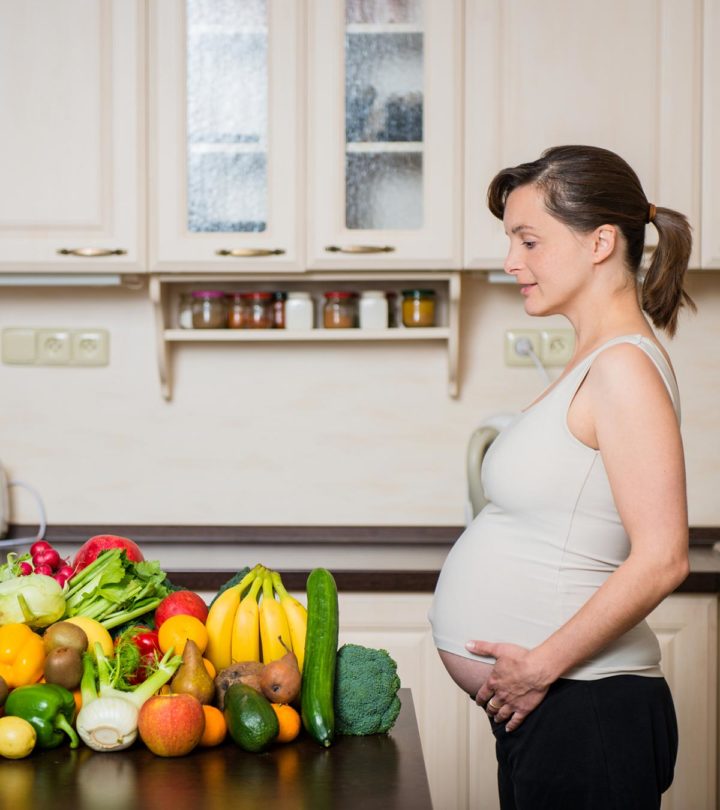
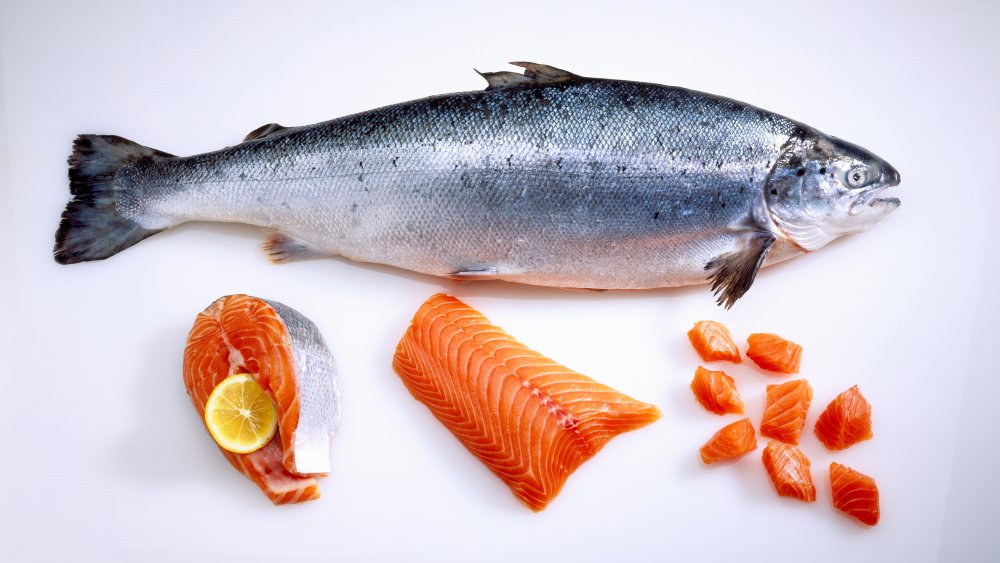



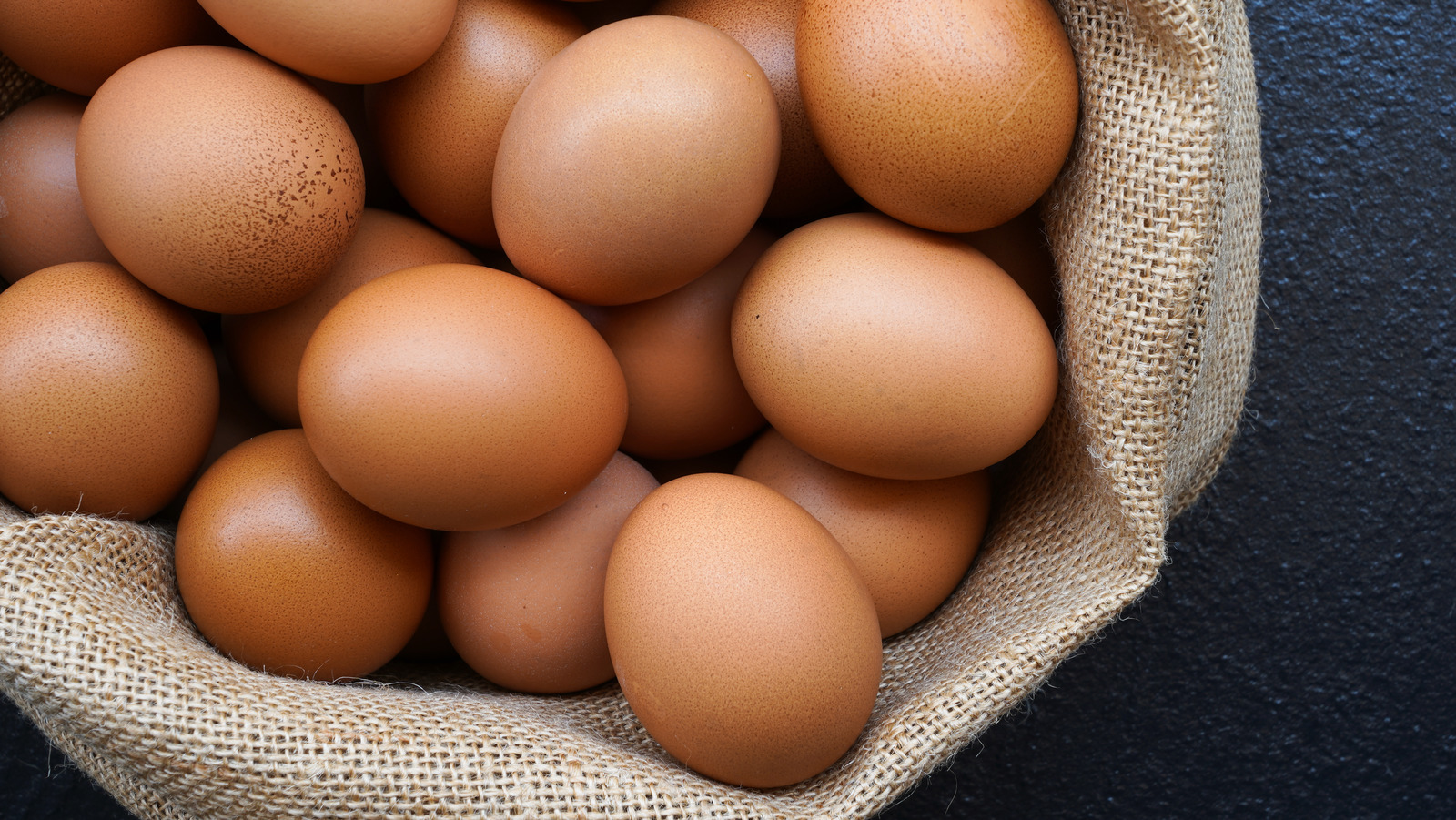
:max_bytes(150000):strip_icc():format(webp)/closeup-coffee-beans-543525262-579791c85f9b58461f1d44a6.jpg)
:max_bytes(150000):strip_icc()/Pepato1500-56a126333df78cf77267dae9.jpg)
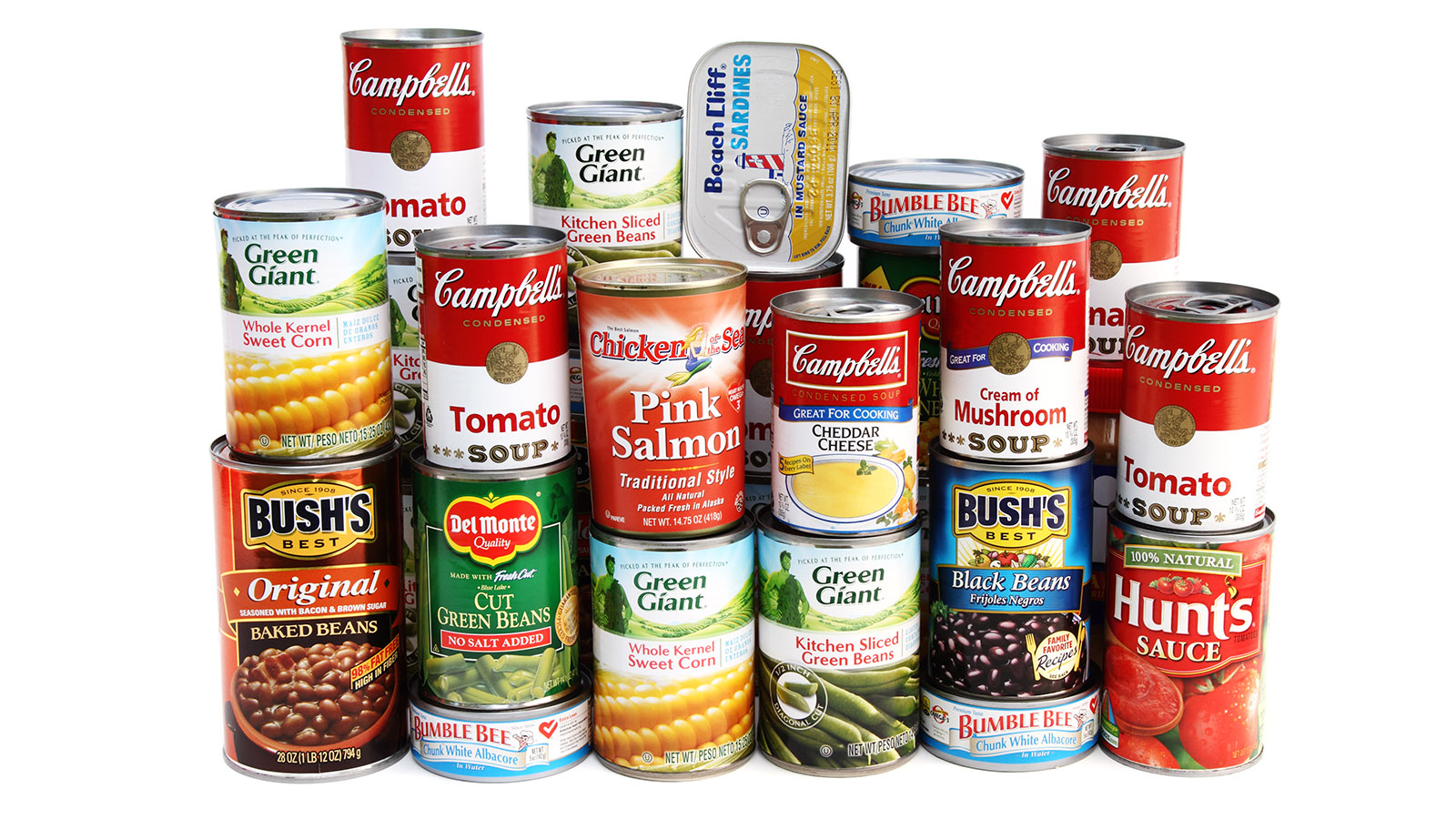
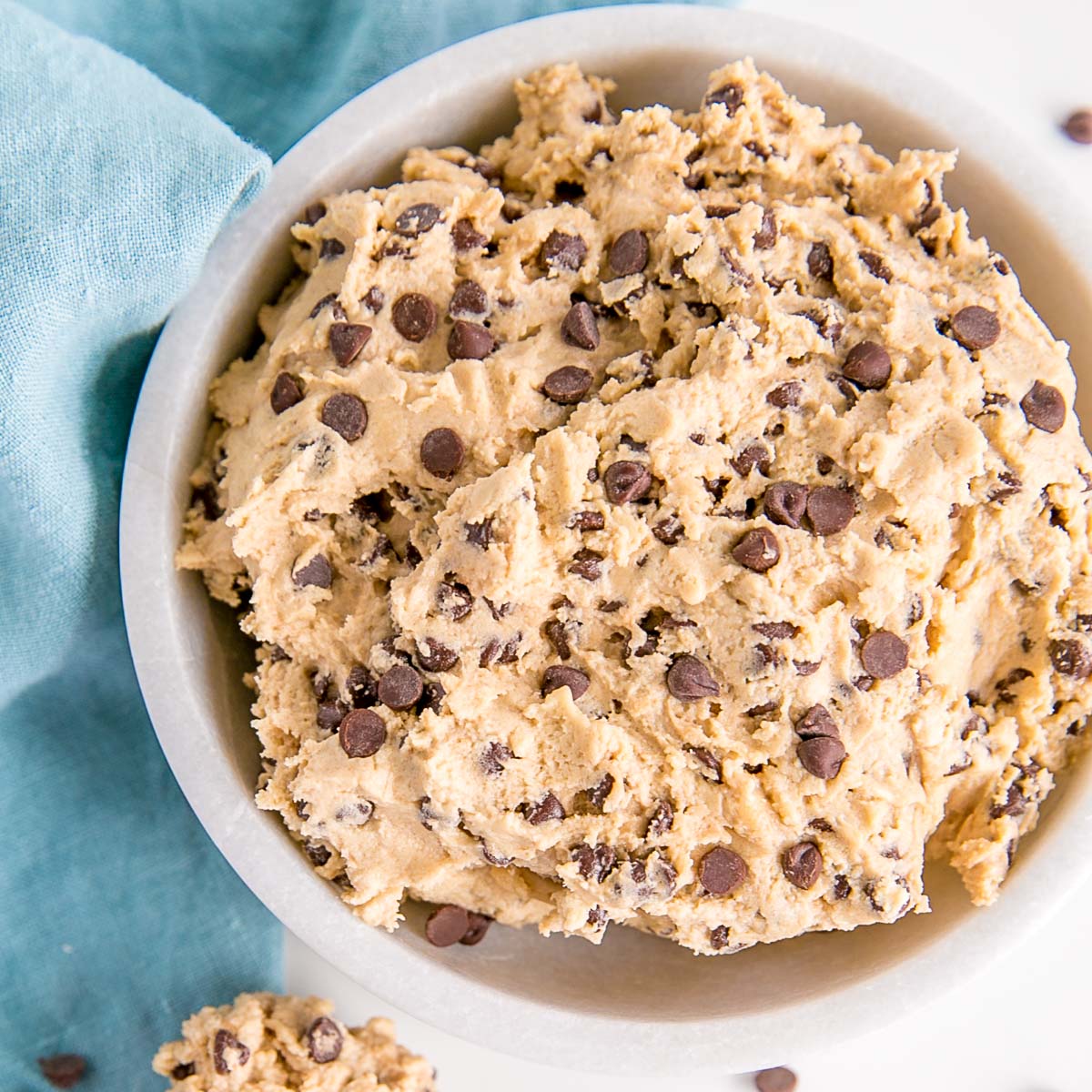
/https://www.thedailymeal.com/sites/default/files/story/crop%20sugar.jpg)


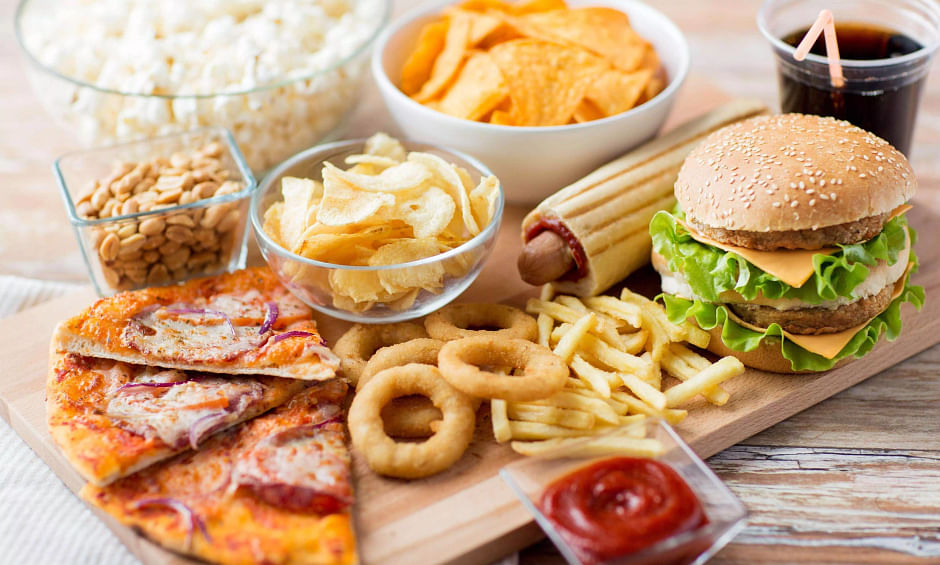

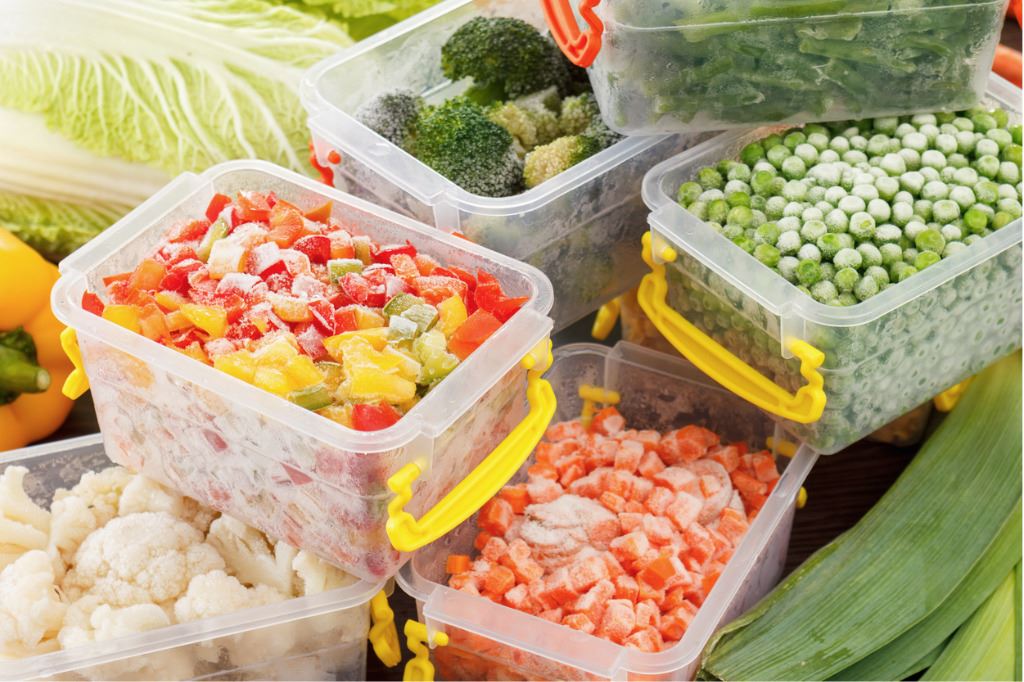

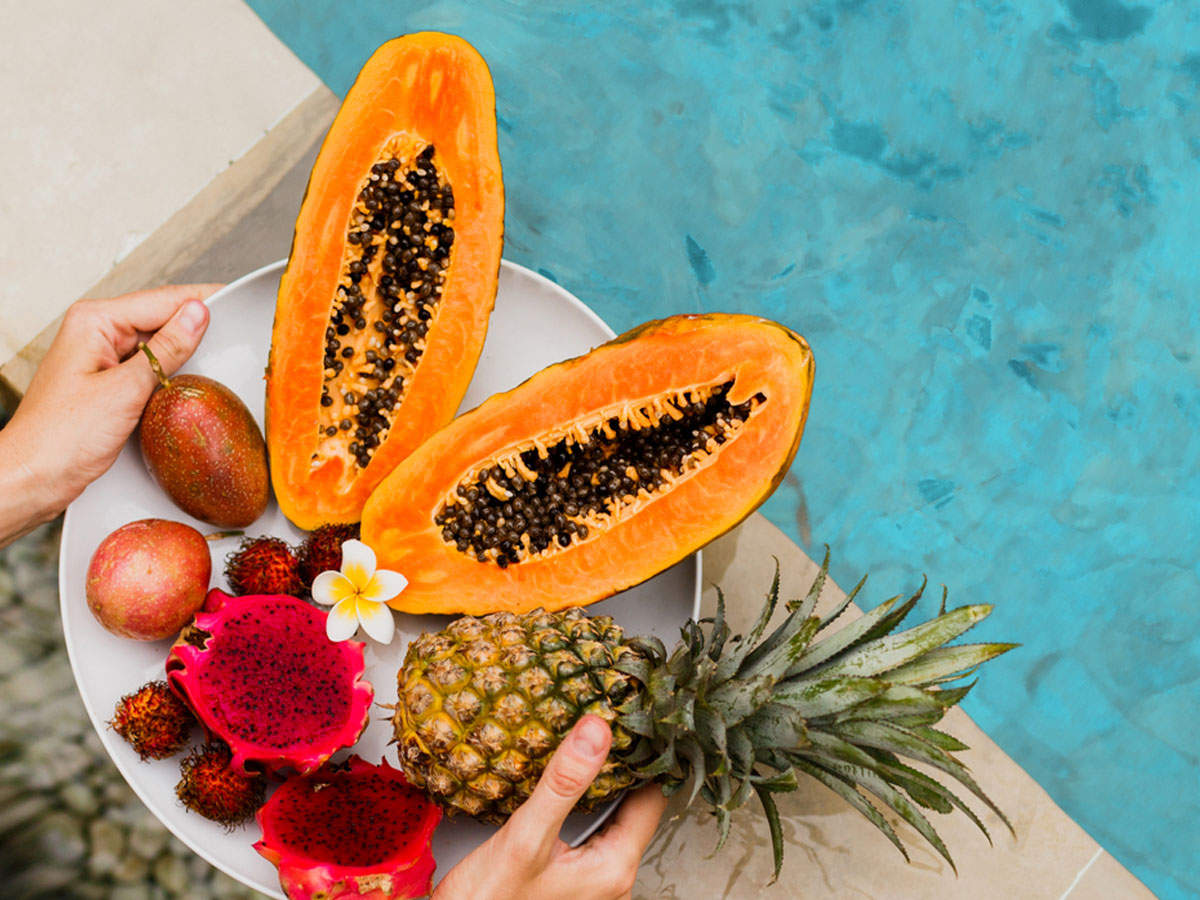
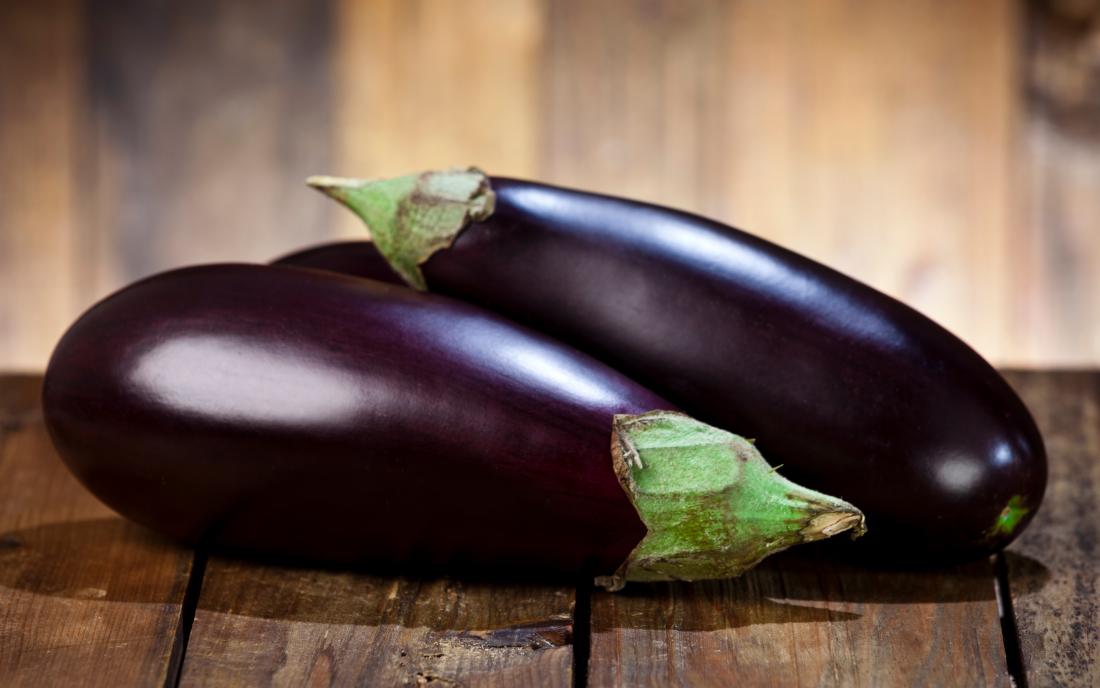
Comments
Post a Comment